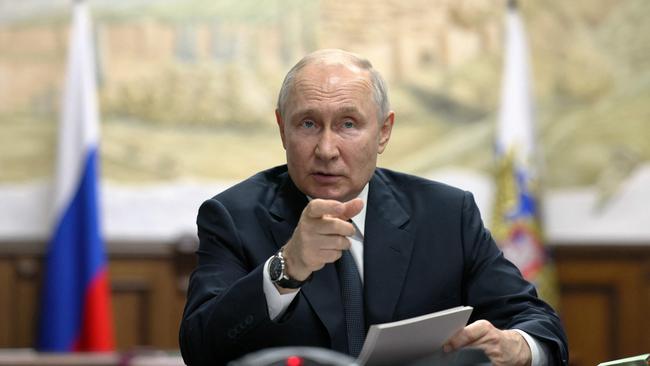
Of course, states have not always been able to secure that monopoly: in the five centuries leading up to 1900, they could not even control the deployment of force within their own borders. Instead, from the 15th century on, private armies – often larger than those of the rulers themselves – ravaged Europe, while privateers (privately owned vessels authorised by a ruler to attack foreign shipping) wreaked havoc on the oceans.
The great mercantile companies fielded substantial armies too: for example, the 17th century charter of the English East India Company empowered it to wage war on non-Christian princes, seize their territories and exercise “criminal and civil jurisdiction over all persons that shall live under them” – which it did on a vast scale.
And even the monarchs’ armies were cobbled together in a globally competitive market for officers and freebooters, with foreign mercenaries – whose loyalties were notoriously fickle – never constituting less than a quarter, and at times accounting for 60 per cent, of 18th century Europe’s major standing armies.
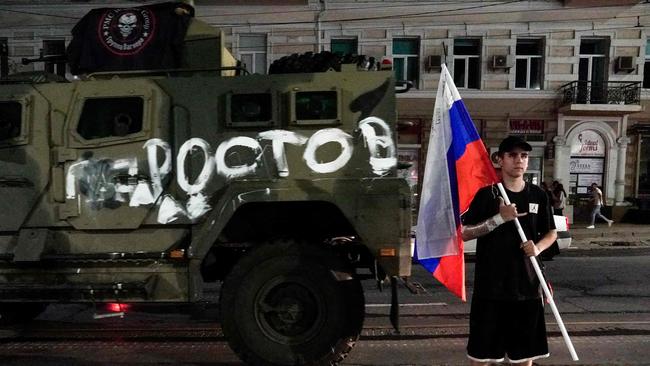
All that changed over the course of the 19th century as states converted the military into a public institution vested with a monopoly over the projection of force. Between 1794 and 1900, all the major powers enacted permanent legal restrictions over foreign military service and effectively nationalised their armed services, making mercenaries a strictly marginal (if enduring) component in conventional warfare.
While that process was underway, Britain – whose burgeoning trade was being severely disrupted – championed the 1856 Paris Declaration that prohibited privateering, so that only regular navies could legitimately contest the oceans. And the British parliament’s Pitt Act of 1784, followed by the Treaty of Paris in 1814, heralded the end of the mercantile companies by transferring the sovereignty the companies had exercised over conquered territories to the states in which they were chartered.
Two factors were at work. To begin with, the pathologies of private military forces became increasingly apparent. Thus, so as to maximise those forces’ effectiveness, states needed to minimise the constraints on their activities and profits. But minimal constraints allowed privateering to degenerate into piracy, mercenaries to become bandits and mercantile companies to turn their guns on each other and even on their home states. The result was chaos that reached catastrophic proportions, notably on the oceans, in the violence-laden years around 1803.
At the same time, the rise of nationalism, the growing scale of warfare and its rapidly escalating capital cost encouraged the formation of tightly integrated standing armies, manned largely by conscripts (who were expected to be primarily motivated by devotion to the motherland) and commanded by a career officer corps.
Born out of the collapse of the Russian empire, and forged into shape by the Second World War, the Soviet military was no exception to that pattern. Indeed, always subject to strict party control, its role as the only owner and operator of significant military assets in the USSR epitomised Weber’s dictum. But that role came completely unstuck with the fall of the Soviet Union.
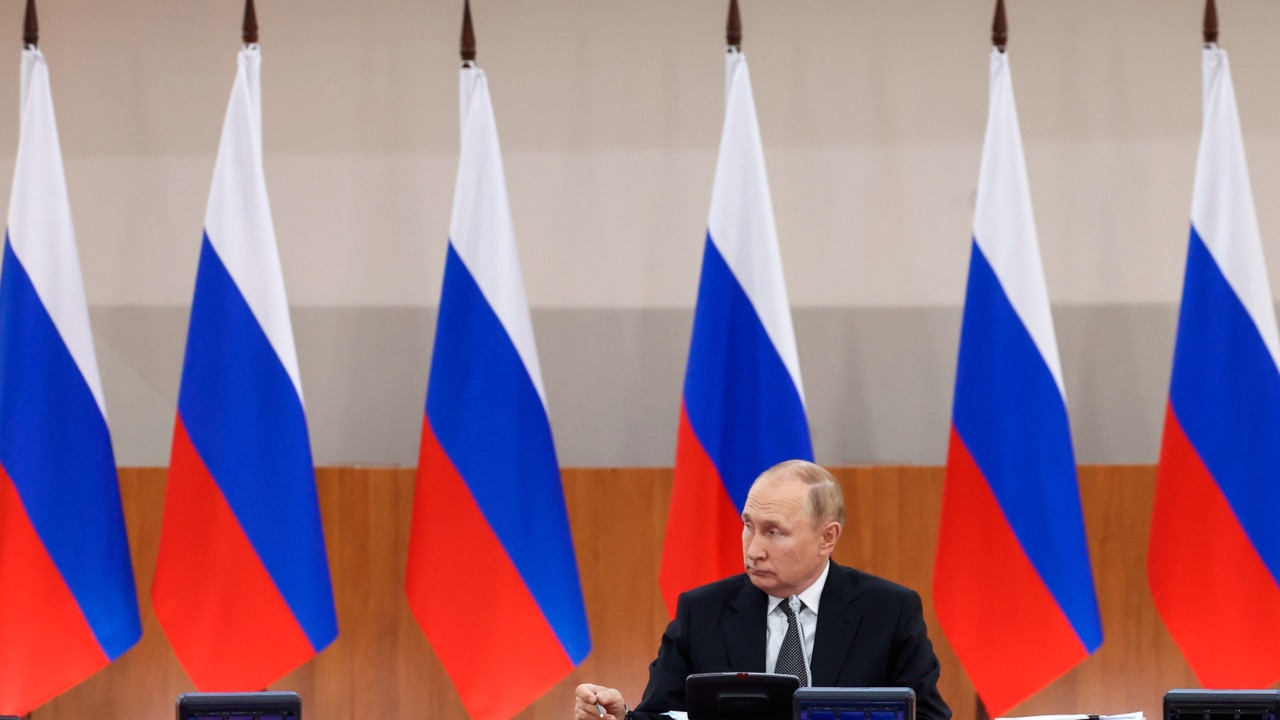
Profoundly distrustful of the Soviet military, especially after the attempted coup in 1991, Boris Yeltsin began the balkanisation of Russian military power, creating armed units that reported directly to his cronies, who were in competition with each other for patronage and plunder. Taken to even greater lengths by Vladimir Putin, that process resulted in a structure in which 30 to 40 per cent of the militarised forces do not lie within the military chain of command – in stark contrast to the highly integrated structures that prevailed in the USSR and that are typical of the advanced democracies.
Meanwhile, the demobilisation of the Soviet army, plunging military pay and conditions, and a prolonged economic crisis created a vast pool of unemployed military manpower. Having initially served to funnel that manpower as “volunteers” in the former Yugoslavia’s civil wars, a score of private military contractors moved into the market for domestic “protection” services – which flourished in the 1990s with the collapse of law and order and the growth of organised crime – and established themselves as an indispensable element in Russia’s repeated attacks on its neighbours.
Plainly illegal under Article 359 of the 1996 Russian Criminal Code, the contractors soon proved vital to the regime. They helped make up for the regular army’s weaknesses, which were shockingly exposed in Chechnya and later in Ukraine; used in expeditionary campaigns, they provided a degree of deniability; given that Russia (unlike the US) had no military allies on whose resources it could draw, and was burdened with a permanent force that had little ability to scale up, they served as a crucial source of reserves; and above all, they could engage in unrestrained plunder on behalf of Putin and his kleptocracy, with their technical illegality meaning they always needed the protection of powerful patrons.
But their uncontrolled expansion recreated all the pathologies that led to the demise of private armies in the 19th century. Moreover, the risks those pathologies now pose to the regime’s stability are compounded by the absence of any credible, institutionalised processes for changing the country’s leadership, regardless of the disasters it causes.
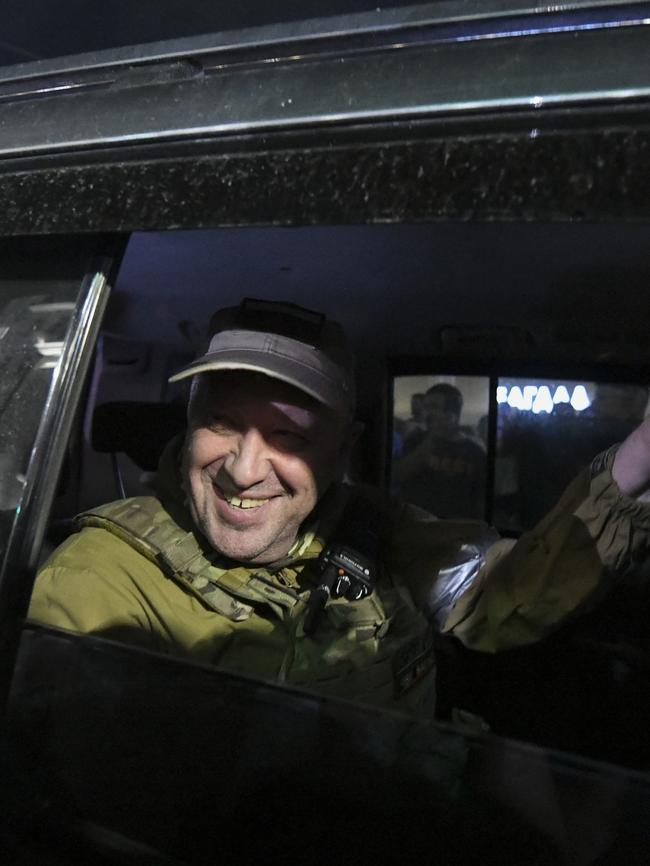
In that sense and many others, the Wagner fiasco is merely the surface manifestation of the dysfunctions at the Russian regime’s heart. That scarcely means, however, that Putin’s rule is on the verge of crumbling: there was no sign of elite defections to the mutineers, much less of popular support for their cause. Nor has Putin felt it necessary, at least so far, to visibly reassert his authority by triggering the sort of blood-soaked butchery with which Saddam Hussein reacted to the two coup attempts that followed his shattering defeat in Kuwait.
It would consequently be foolish to expect Putin to resile from his war of aggression. On the contrary, as he continues to tighten domestic repression, Putin may well become even more desperate to secure convincing military wins, thus disproving Yevgeny Prigozhin’s accusations of gross incompetence.
Whether he can remains to be seen. What is certain is that today’s Russia is back at square one: a poor power, unable to clear away the rubble of its failed modernisation under Soviet communism and lumbered with a regime whose modern veneer belies its pre-modern, if not feudal, realities.
Armed and dangerous, the threat posed by this bleeding hulk of long-vanished empires is only likely to grow as its contradictions mount. And so too will the West’s need to show Putin that the reckoning, if he continues along his chosen course, will be devastating.


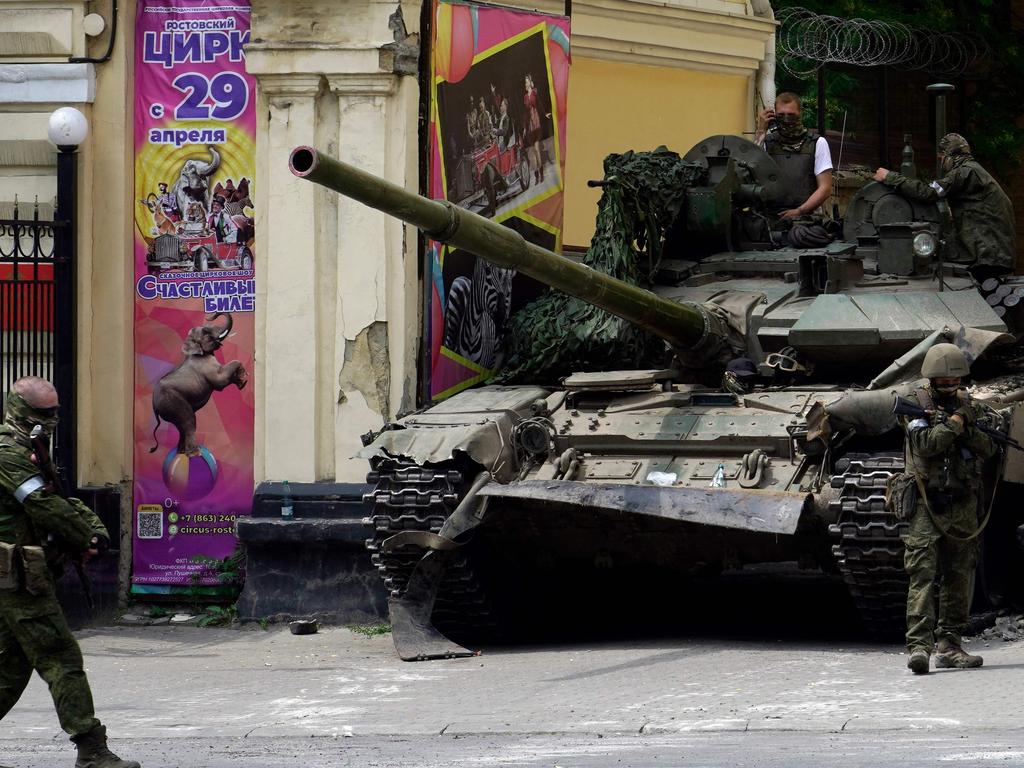


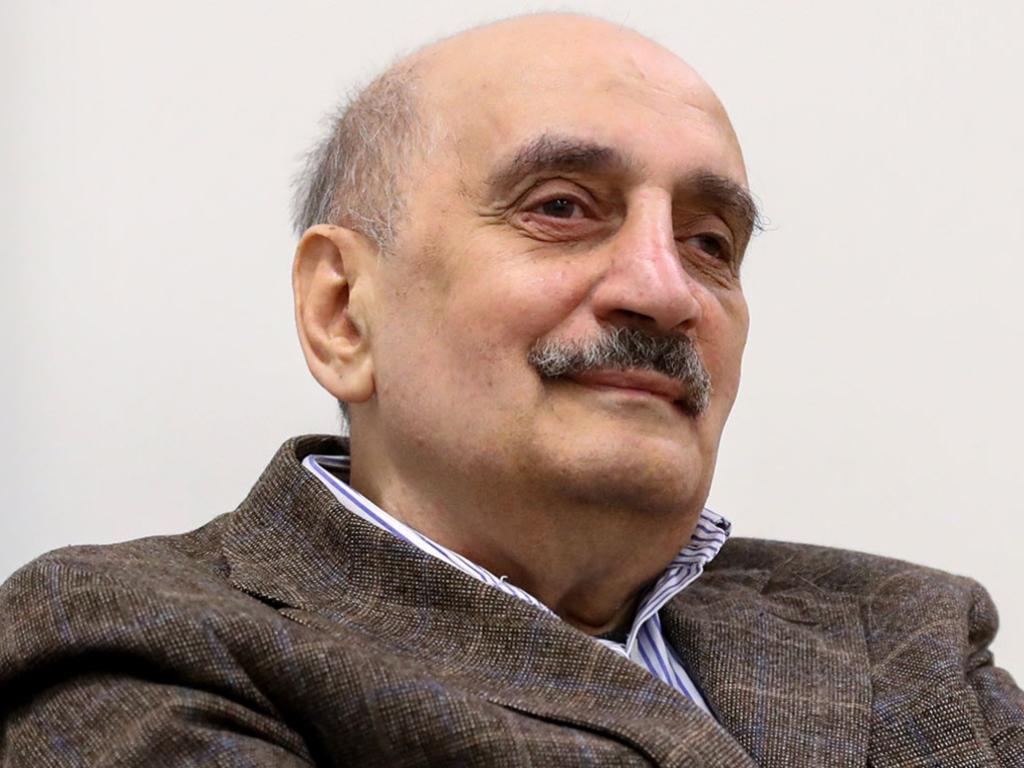

It is an essential feature of the modern state, wrote Max Weber, that it “monopolises the legitimate use of violence in the enforcement of order”.